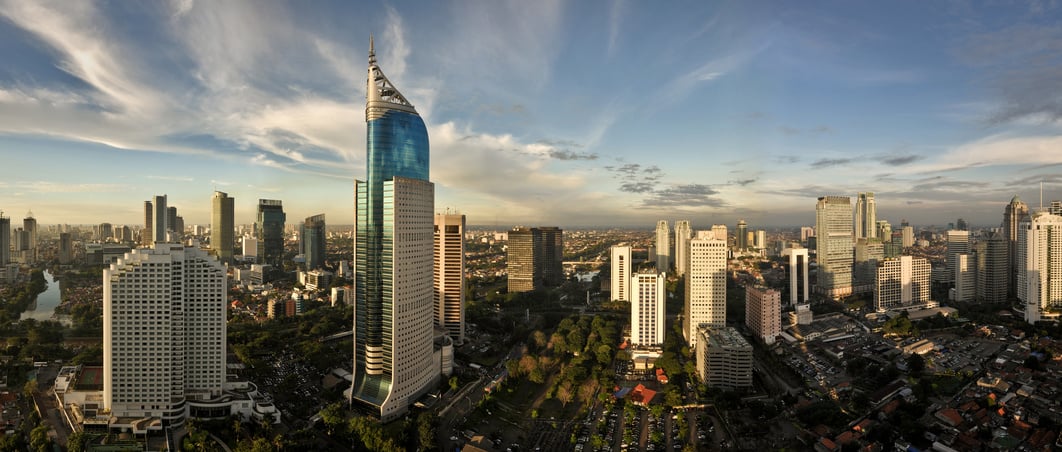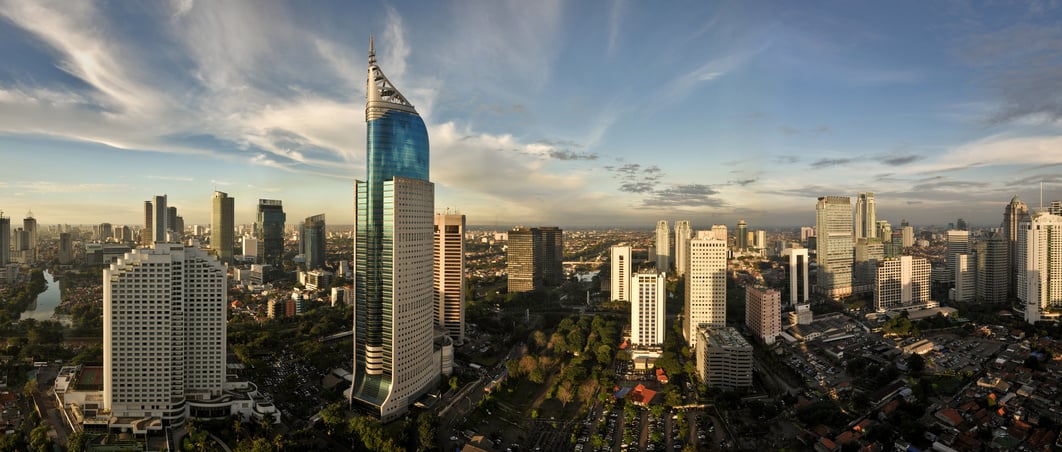On 23 March 2022, China’s National Development and Reform Committee and National Energy Administration released a plan on the development of hydrogen energy for 2021-20351 (“Plan”). As the first national-level industry plan for hydrogen development, the Plan recognizes hydrogen as a major component of China’s future national energy system, an important carrier for realizing green- and low-carbon transition to the net-zero economy, and a key direction of China’s strategic emerging industries.
Explore our key resources and stay abreast of market developments and trends in the corporate PPA space.
Explore our key resources and stay abreast of market developments and trends in the corporate power purchase agreement space.
As corporates continue to be challenged, to develop and deliver on sustainability goals, and seek to hedge electricity prices in an extraordinarily volatile market, global corporate PPA volumes continue to soar despite the economic fallout caused by COVID-19. With the global market for corporate PPAs rapidly evolving and becoming more…
Indonesia’s state-owned power utility, PT PLN (Persero) (PLN), recently issued two invitations for renewable developers who want to be included in the list of selected developers (DPT) for solar PV and bioenergy (biomass and biogas) projects. Developers that pass the prequalification process will be eligible to be invited to participate in future PLN bids for those types of IPP projects.
In brief Indonesia’s state-owned power utility, PT PLN (Persero) (PLN), recently issued two invitations for renewable developers who want to be included in the list of selected developers (DPT) for solar PV and bioenergy (biomass and biogas) projects. Developers that pass the prequalification process will be eligible to be invited…
On 5 October 2020, the Parliament approved the job creation law (RUU Cipta Kerja, commonly known as the “Omnibus Law”), which introduces key amendments to several sectors, including the environment and forestry sectors by amending Law No. 32 of 2009 on Environmental Protection and Management (“Environmental Law”) and Law No. 41 of 1999 on Forestry (“Forestry Law”)[1].
[1] The Omnibus Law also amends Law No. 18 of 2013 on Prevention and Eradication of Forest Destruction in relation to certain adjustments regarding sanctions for various violations in forest areas.
The Malaysian Ministry of Housing and Local Government had on 27 July 2020 issued an announcement for the request for proposal (“RFP”) for a waste-to-energy project in Bukit Payong, Johor on a public-private partnership basis (“WtE Project”). The WtE Project is one of the 6 expected waste to energy projects that the federal government of Malaysia is planning to develop by 2021.
Overview The disruption caused by the COVID-19 outbreak is having a major impact on projects both in development and operation. What started the year as an epidemic threatening a loss of supply from China has broadened to a global pandemic impacting on our deals, employees and practices. As dynamic as…
COVID-19 has irrevocably changed the global economic landscape As the business impact of the COVID-19 crisis continues to intensify, leaders in every industry are trying to protect the health and stability of their workforce, adapt their business models and build their recovery plans. While it has been widely publicised that the…









